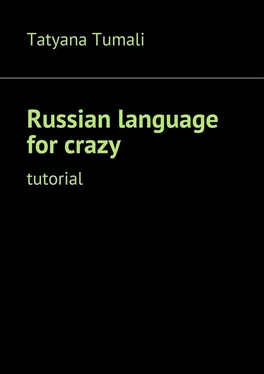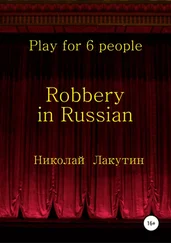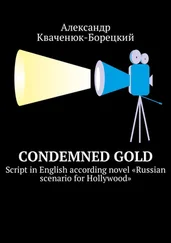Сколько стоит ваш карандаш? Мой карандаш стоит…
Сколько стоит кока-кола? Кока-кола стоит…
Сколько стоит ваш учебник? Мой учебник стоит…
Сколько стоит ваш телефон? Мой телефон стоит…
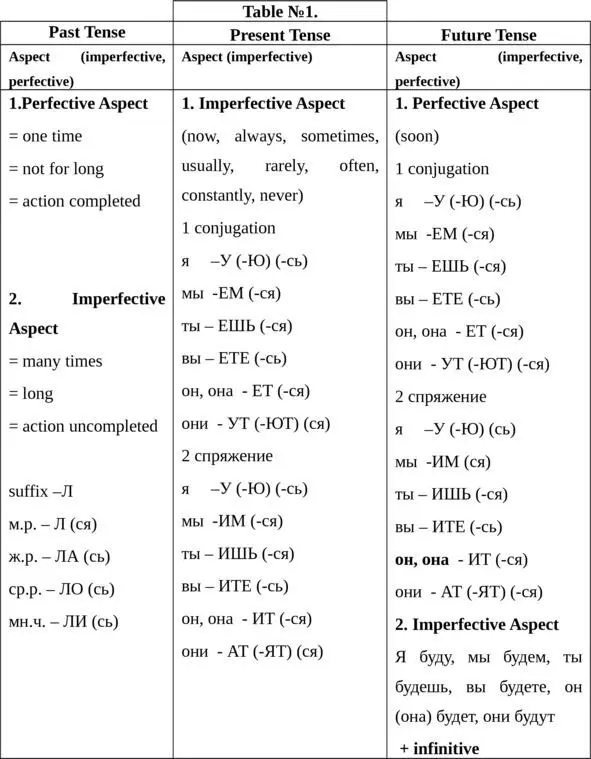
The Formation of the Past Tense of Verbs
The formation of the Past Tense in the Russian language is rather simple. (There are only 3 Tenses: the Past, the Present and the Future).
To form the Past Tense of a verb correctly, you just have to remove -ТЬ and add —Л, -ЛА, -ЛО, -ЛИ, depending on a gender. For example, let’s take the verb “купить”.
To form the Past Tense of the verb, we remove —ТЬ and add Л. Он купил. (He bought.) Она купила. (She bought.) Они купили. (They bought.)
Сказать – он сказал, она сказала, они сказали. (To tell – he told, she told, they told).
When a word ends in —СЯ, -TЬ is removed, but —СЯ remains. For example, учиться – он учился, она училась, они учились. You can see all variants in Table 1!
Exercise 6.
Make on the sample, using Table 1. Find the meanings of the words in the dictionary.
Sample: Писать – Он писал, она писала, они писали. Вернуться – Он вернулся, она вернулась, они вернулись.
Дать —
Учить —
Учиться —
Жить —
Ходить —
Ездить —
Звонить —
Видеть —
Хотеть –
Работать —
Купить —
Завтракать —
Обедать —
Ужинать —
Гулять —
At the positive answer in the Past Tense you say: Я гулял. Я ужинал. Я звонил. At the negative answer in the Past Tense you just add НЕ. Я не гулял. (I didn’t walk). Я не ужинал. (I didn’t have dinner.) Я не звонил. (I didn’t call.)
Exercise 7.
Give a negative answer. For example: Вы работали сегодня? (Did you work today?) – Я не работал. (I didn’t work.)
1.Вы завтракали сегодня?
2.Вы работали сегодня?
3.Вы гуляли сегодня?
4.Вы учились сегодня?
5.Вы пили сегодня утром сок?
Don’t forget that if you are a woman, you should add —ЛА: Я не работаЛА.
When several persons are mentioned, you should add —ЛИ: Мы не работаЛИ.
As you already know, the Past Tense of verbs in Russian is formed from the verb’s stem by means of the suffix —Л. Some verbs form the Past Tense another way. You should learn these verbs.
For example, the foreigners often say: Он умерел. (from “умереть”) or Он ошибился. (from«ошибиться”). It occurs that automatically —ТЬ is removed and – Л is added. Of course, Russians most likely will understand you, when you say so. But you wish to speak beautifully, don’t you? -)
And how to form the Past Tense of the verbs “умереть” and “ошибиться”, you can find in table 2.
In the table below verbs are grouped by a principle of analogy. First learn the formation of the Past Tense of verbs in column A. Of course, there are more such verbs than you can see in the table. But these ones are enough for the first time. Find the meanings of these verbs in the dictionary or in the end of tutorial.
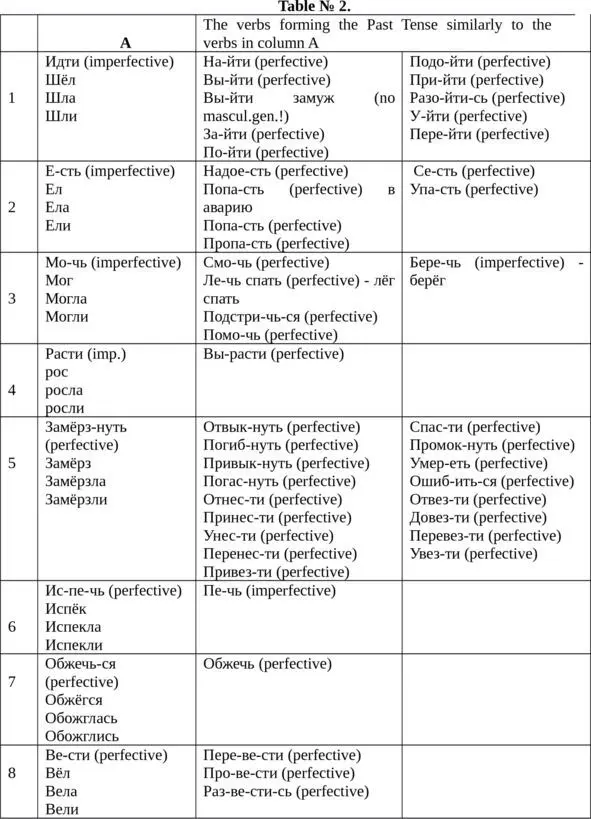
Exercise 8.
Form The Past Tense of the verbs using table 2.
Sample: отвезти – отвёз, отвезла, отвезли.
1.Провести
2.Печь
3.Мочь
4. замёрзнуть
5.Погибнуть
6.Расти
7.Надоесть
8.Разойтись
9.Есть
10.Уйти
11.Отвезти
12.Попасть в аварию
13.Помочь
14.Подстричься
15.Упасть
16.Выйти замуж
17.Погибнуть
18.Развестись
19.Перевести
20.Привыкнуть
THE PRINCIPAL DIFFERENCE OF THE FORM OF THE PAST TENSE IN RUSSIAN IS THAT THE FORM IS NOT DETERMINED BY THE MOMENT OF SPEECH AND THE RESULT OF ACTION. If any action is done even a fraction of a second ago,it is already the Past Tense
There are 2 verbal aspects in Russian: perfective and imperfective. (Further we will denote them abbreviated as (perf.), (imperf)).What is the difference? When an action is taking place once, use the verb of perfective aspect. When an action is taking place several times (repeated), use imperfective aspect. I.e., if you walked to the shop yesterday and bought (once!) a pack of juice, it would properly to say: “Я вчера купилв магазине сок и сигареты. But if you, for example, something bought constantly before, you should say: “Я раньше (часто) покупалмясо”. (“I (often) bought meat before”. ) In this case, an action is taking place several times (repeated), so we use the verb of imperfective aspect.
Or another example. Feel the difference: Я вчера прочитал(с.в.) книгу. – Я читалвчера (н.в.) книгу. (Yesterday I had read (perf.) a book. – Yesterday I read (imperf.) a book.) When “прочитал”, it means till the end. When “читал”, it means that reading is not yet finished. In the first example, the action is completed, in the second one the action has not yet completed.
One more example. Compare: Я договаривался. (I arranged.) (договариваться – н.в.) (to arrange – imperf.) and Я договорился. (I have arranged.) (договориться – с.в.) (to have arranged – perf.). In the first sentence the action has not yet completed as there is no result. In the second sentence the action is completed as there is the result.
The verb “давать – дать” (to give – to have given). Compare: Он далмне деньги. (He gave me money.) Он давалмне деньги. (He gave me money.) The action is done in the past for both verbs (no matter when). But the difference is that using the verb “дал” the Russians understand that the money was received once. And in the case of using the imperfect aspect “давал”, money was received several times.
Дарить – подарить. (to present with – to have presented with) Read the following sentence and define of what aspect the verb “подарить” is and why? Моя подруга вчера подариламне часы. (Yesterday my girlfriend presented me with a watch. Let’s speculate! We are talking about yesterday’s event. The girlfriend presented me with a watch once. Therefore, the use of the imperfective verb is inappropriate. We can draw a conclusion that the verb “подарила” is a verb of perfective aspect. And if we take another example: В детстве папа всегда дарилмне цветы на день рождения. (When I was small, my dad always presented me with flowers for my birthday.) We are talking about a repeating event that occur over a period of time. Therefore, the verb of imperfective aspect should be used.
Читать дальше
